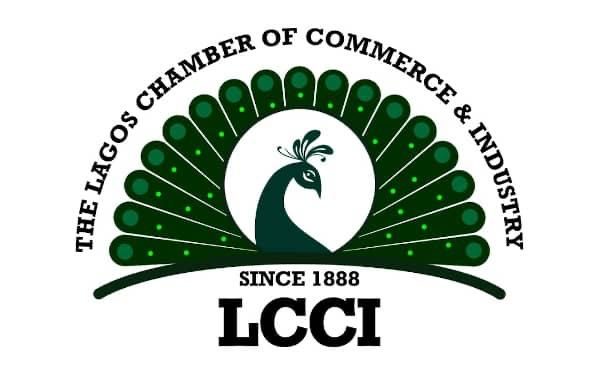Director-General of the Lagos Chamber of Commerce and Industry Dr. Chinyere Almona has urged the Federal Government on the need to implement measures that will stabilize the economy and as well protect the welfare of Nigerians amidst the rising inflation trend. Her call comes as part of the LCCI’s response to the alarming increase in the Nation’s inflation rate as reported by the National Bureau of Statistics (NBS).
According to the NBS Consumer Price Index (CPI) data, the year-on-year inflation rate surged to 25.80% in August, up from 24.08% in July, marking the eighth consecutive month of increase and reaching the highest level since September 2005. This represents a 1.72% point increase from the previous month and a significant 5.28% point increase compared to August 2022.
In the context of month-to-month fluctuations, inflation moderately rose to 3.18% in August, which is a 0.29% point increase from July’s 2.9% rate.
The food inflation rate also saw a notable increase, reaching 29.37%, indicating a 2.36% point rise compared to the previous month and a substantial 6.22% point increase when compared to August 2022, which recorded a rate of 23.12%. Similarly, core inflation rose to 21.15%, marking a 0.68% point increase from July 2023 and a 4.03% point increase from August 2022.
The data further revealed that the main contributors to the price increase were food and non-alcoholic beverages (13.36%), followed by housing water, electricity, gas, and other fuels (4.32%), clothing and footwear (1.97%), transport (1.68%), and furnishing & household equipment & maintenance (1.30%).
The Lagos Chamber of Commerce and Industry expressed concerns about the escalating inflation, especially in the food and core components of the CPI. However, they noted that the slower pace of month-on-month headline inflation may indicate a degree of uncertainty in the price movements in the near term.
In response to these challenges, the Chamber expects businesses to implement various cost-reduction strategies, such as downsizing and sourcing inputs locally, in an effort to reduce operating expenses. Household real income is also anticipated to continue declining, especially in the short term.
The LCCI made several recommendations to address the current economic situation, urging the government to adopt prudent fiscal policies, particularly concerning borrowings. They also called for immediate actions to address food inflation, including the reduction or removal of taxes on essential food items to protect the most vulnerable segments of the population. Additionally, the Chamber implored the government to expedite the provision of anticipated palliatives to alleviate the impact of rising prices on economic agents. They further recommended that the Central Bank of Nigeria (CBN) pause interest rate hikes to ease pressures on the supply side, especially during these challenging times.















